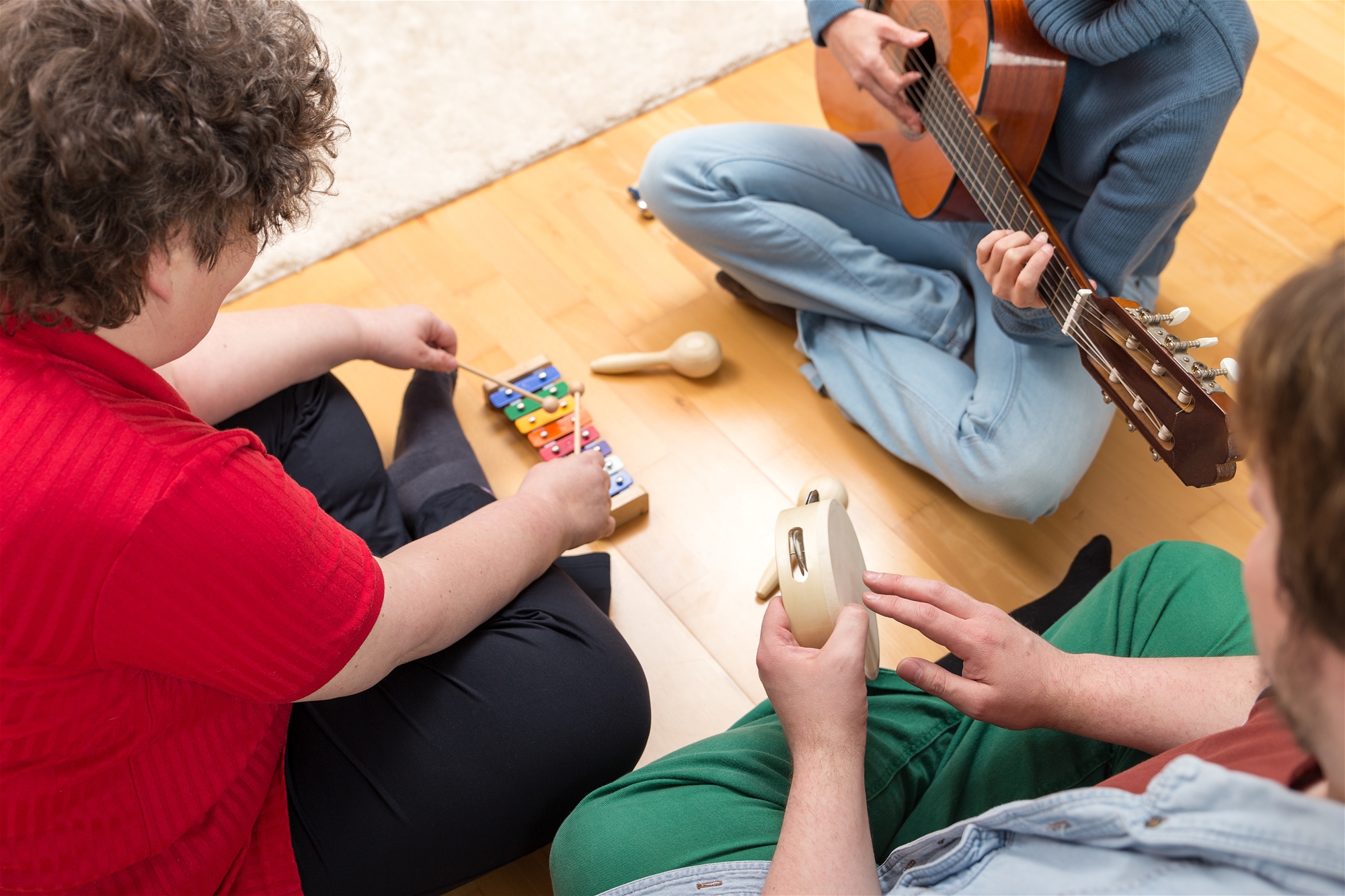Function of rehabilitation therapy
- Let patients heighten their awareness of themselves and disorders.
- Increase self-care function and develop the ability to live independently.
- Increase the ability to deal with stress.
- Train patients in the basic ability and attitude of work, develop their endurance and sense of responsibility.
- Gain a sense of accomplishment from work, reduce inferiority complex, build self-confidence.
- Develop social skills to interact with family, friends and others.
Rehabilitation therapy
- Occupational therapy type
- Gardening: provides distraction from distress via cultivation; patients may gain confidence and more understanding of life from the growth of plants; activities may also strengthen the patient’s endurance.
- Social skills training: learn appropriate verbal expression and interpersonal communication skills and therefore promote harmonious interpersonal relationships.
- Hand function training: by doing handicrafts, the patient may have improvement in fine hand movements and coordination, which may have been previously impaired by the illness.
- Group activity therapy
Social skills training groups teach patients how to solve problems and enhance their ability to interact with others through role-playing, behavioral mimicry and field drills.
Stress support groups can increase members’ ability to adjust to stress by discussing life, physical, psychological and other events together, expressing their own feelings and finding suitable solutions.
At the condition discussion, doctors will lead patients to understand the disease itself and the effects and side effects of drugs, so as to increase patients' understanding of the disorders and drugs.
- Industrial treatment
For patients with chronic diseases who have rehabilitation potential, or those who have difficulty adapting to work, provide assistance to enhance their adaptability and prevent functional deterioration.
- Recreational therapy
Such as group recreation activities, sports, dancing, singing and other activities. Such activities can release excess energy, improve physical fitness, increase activity, and enable patients to develop interest, express emotions, and relax their body and mind.
- Life independence training
Activities such as gentlemen's groups and ladies' groups can help patients improve or maintain their ability to take care of themselves and increase their independent functions in life by teaching them daily life skills such as cleaning, body care, make-up and table manners.
- Psychotherapy
Help the case adapt to life, improve anxiety, fear, sleep and enhance leisure function.

Community rehabilitation resources available
- Community rehabilitation centers, sheltered workshops:
offer social networking, self-care, work ability and work attitude training courses.
- Recovery home:
provides patient placement services for homeless patients with family issues. Recovery home patients may work outside the home during the day or attend rehabilitation training courses offered by community rehabilitation centers.
- Daytime Rehabilitation Center:
provides a relay station for those patients whose symptoms have been stabilized, and yet returns to his family/community. The medical team provides the case with a supportive and integrated, psychologically and socially, rehabilitation environment.
- Home treatment:
provides primary care at home for patients with rapidly worsening symptoms, possibly violent behaviors, who are unwilling to seek medical treatment, or whose family members are unable to take them to the hospital.
Mental illness results in deterioration of mental, social and occupational functions, and therefore requires rehabilitation in addition to medication for better recovery.

